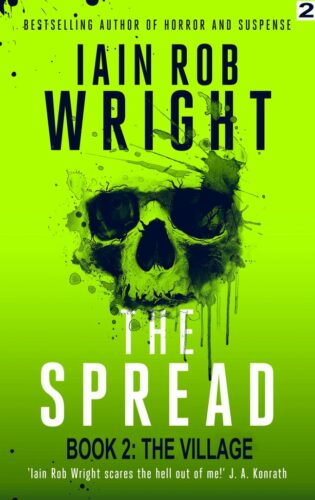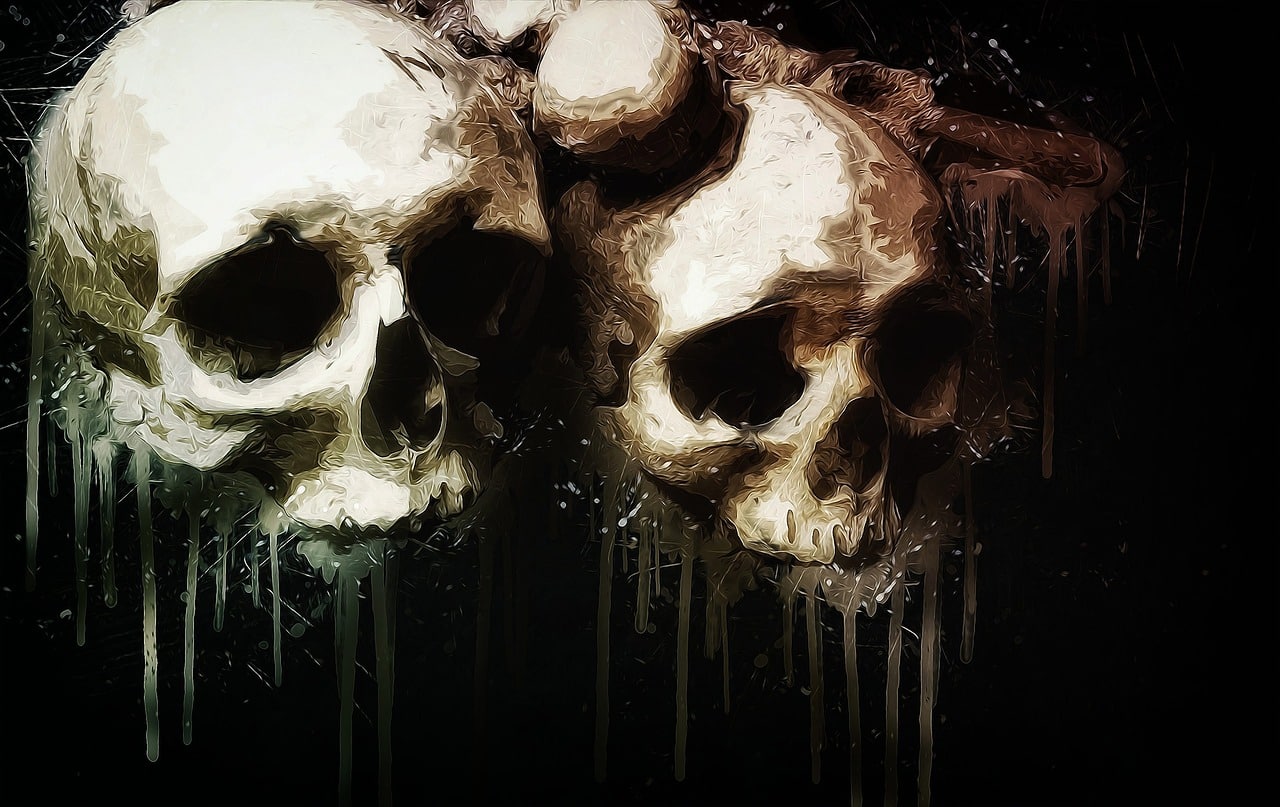 Apocalypses Vs Vendettas
Apocalypses Vs Vendettas
Author: Iain Rob Wright
In the first book, The Hill, brothers Ryan and Aaron have escaped their mutated, fungus infected friends in the wilds of Scotland, rushing towards the dubious safety of the nearby village of Choirikell. But safety is relative now, and the brothers find themselves locked in a local church, realizing that the situation is far more widespread and advanced than they had originally feared. With most of their friends dead or changed, Ryan and Aaron join forces with the surviving villagers, but internal strife is just as dangerous as the alien menace stalking the streets.
The Hill starts brutally, but the series is diverging from its implicit uniqueness and the connection to individual characters. The new cast is less well-rounded and more tropey. We have the bad/good guy, a towering Scott named Cameron, who hates the “English” yet is forced to confront his bigotry. We have a foul-mouthed priest with some doubts and a no-nonsense attitude. We have a buxom lesbian who is nice to everyone and attracts the young Aaron; we have Tom, who did make it to the village and is now more concerned with his survival than with friendship and loyalty. Finally, we have a few throw-away, future-fungus-chow characters, and, of course, a new nemesis: Helen. After Helen’s young child is killed (hence the remark about the book starting brutally) she latches onto Ryan as the cause. The why is never clear, yet she blames him for the death of her son. Thus begins a vendetta in the middle of the apocalypse.
Much of the magic from The Hill has been lost in The Village, and we’ve gone from creative (albeit campy horror), to regular campy horror. Luckily, I was already hooked by the first book, by Ryan’s character and by the imaginative nature of this pseudo-zombie-like menace from outer space. But honestly, it’s not really good anymore. It’s not bad . . . but if this was where I would have started, with no previous tie into the story, I probably wouldn’t have thought much of it. As it is, some residual love kept me going and engaged.
The biggest issues in The Village are the aimlessness of the survivors and the group politics. Unlike The Hill the issues are not organic ones that grew among distanced friends over the years, but are forced, overnight dramas engineered to give some strife to the characters and make the hero’s journey just that much harder. It’s very manufactured and not exceptionally original. And, as I said, Helen’s hate makes little to no sense and is a weak catalyst for a future showdown.

Image by Enrique Meseguer from Pixabay
There is, however, one very, very good element of the story. A character we thought dead (and who we watched hopefully at the end of The Hill) has returned. This is my favorite character, and I was glad to follow more of his story. I wanted more and, honestly, I wanted the happily-ever-after, the speck of hope that I falsely held onto.
And, of course, our fungus creatures continue to ahem…evolve… and we get to see the next step in their world domination strategy, which sadly ties into the reintroduction of my favorite character. This makes it all worth it for fans, despite the gaping plot holes big enough for an alien corkscrew filled with mutant bugs to fall through.
Eventually, all things come to an end, as they must, the group splits (as we know it will), makes a LOT of bad decisions (like keeping infected people around), and finally foresees the option for temporary respite, which will take us right into the next book in the series, The Stand, where Ryan gets a bad surprise.
Somehow, I still enjoyed this. It’s campy and stupid and there are plot holes, plot holes, plot holes, but some of the magic remains and, as always, narrator Aubrey Parsons is a master of dialect and inflection. Oddly recommended, and no I cannot exactly explain why.
– Frances Carden
Follow my reviews on Twitter at: https://twitter.com/xombie_mistress
Follow my reviews on Facebook at: https://www.facebook.com/FrancesReviews/
- Book Vs Movie: The Shining - April 6, 2020
- Thankful For Great Cozy Mysteries - December 13, 2019
- Cozy Mysteries for a Perfect Fall - October 20, 2019


